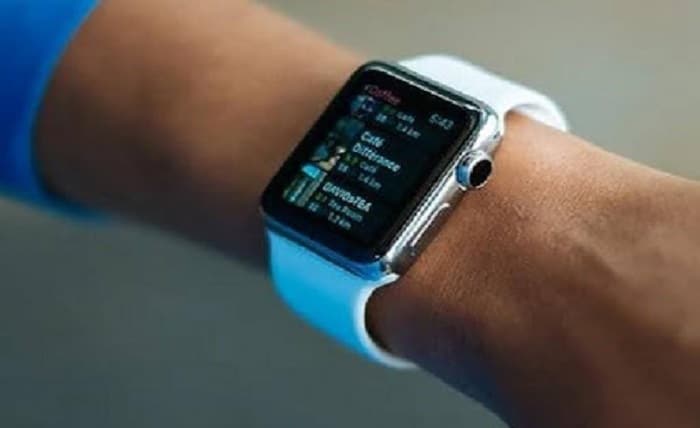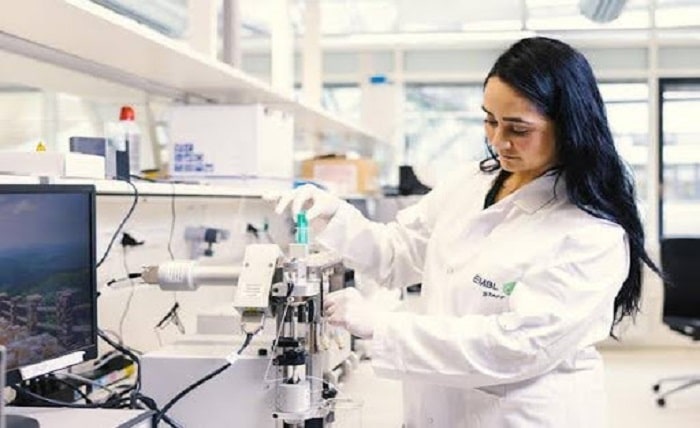Estone Technology – How Technology Is Revolutionizing Healthcare

As with many other sectors, healthcare is changing as we watch, becoming more accessible and tech-savvy. Artificial intelligence is making a lot of difference and other technological advancements, like the Internet of Things and virtual reality, and revolutionizing the sector in more ways than one, especially in telemedicine.
No one can be left behind in this movement; that’s why key personnel must learn how to work with technology and control it instead of letting AI run the chain of command. So how is technology changing healthcare worldwide?
Let’s look at areas where technology is already in full use for a better understanding. Remember that knowledge can get you ahead of the game. There’s no need to fear robots and AI taking over jobs in the future if you understand how to work with them.
-
Health-tracking Devices
Gone are the days when gadgets and smart devices like smartwatches are only for checking how many steps you take in a day. Nowadays, you can use your smart devices to track your heart rate and blood pressure, transmitting the information in real-time to your healthcare provider.
That’s one way to work together with patients to ensure they are responsible for their health and to keep an eye on health issues before they become critical. There are so many devices to use for a number of health concerns, including tracking your stress level, sleep schedule, cognitive abilities, and weight. They encourage you to make better decisions about your health in the long run.
-
Diagnostic Devices
Apart from health-tracking devices, doctors would love to have a way to quickly tell what is wrong with their patients. If there’s a device that you could just program to provide all the diagnosis required, especially in critical situations, physicians’ jobs would be much easier. We probably have seen something like that in some sci-fi movies over the years but didn’t think much of it. But now, with the advancement in technology, especially in the healthcare sector, a lot is possible.
Some tech companies are already programming devices to include specifications to fit what you need per time. Visit www.estonetech.com to learn more about revolutionary medical tablet designs. There are palm-sized gadgets, all approved by the Food and Drug Administration, that accurately measure heart rate, ECG, blood pressure, oxygen saturation, and other vitals. Some even have cameras for telemedicine, making it easy to virtually assess medical issues and proffer solutions from anywhere in the world.
-
Artificial Intelligence
AI is such a vast word. In fact, most of what we’ve been talking about is as a result of the advancement in artificial intelligence, only that it’s applied in various ways. Ai can completely change any sector when done right and it’s already taking over to help make things better. For example, AI can scan or read vast amounts of data and pick up patterns that people would miss if the data were read manually.
These patterns can work in designing individual treatment plans for quicker treatments. There will no longer be a need for humans to pore over large data sets, reducing the error margin. One of the best aspects of using AI in healthcare is the cost-effectiveness. As one of the costliest sectors in any country, using AI to provide accurate diagnoses and design drugs will significantly reduce costs over the years to come.
-
Extended Reality

This is about the best aspect of revolutionary technology in healthcare because it allows for alternative treatments in areas of pain management and mental-health treatment. Extended reality comprises virtual reality, mixed reality, and augmented reality. It’s not here it should be yet, but there’s a lot of promise.
For example, doctors at Johns Hopkins performed a spinal-fusion surgery in 2020 with the help of augmented reality. It’s an area that we should keep our eyes on because extended reality has a lot to offer. Click here to learn more about extended reality.
-
Drug Development
Anyone who pays attention to the healthcare and pharmaceutical world knows that drug production costs a pretty penny. Apart from costing too much, it can take a long time to go from inception to the market. The time you hear about a new drug doesn’t mean it was just conceived of a few months before; it probably takes a few years to get the job done.
However, it can cost less and take a shorter time to roll out important drugs using AI. Technology can make simulated drug and clinical trials easier and quicker, easing the process of churning out drugs in record time.
6. 3D Printing
We have seen medical dramas that promoted the 3D printing of vital organs. That technology is not only available in the minds of the writers and virtual world of drama; it’s also available in the here and now.
While it’s true that the technology is still quite far from printing major organs and eliminating the need for waiting lists, it has advanced quite admirably over the years and keeps taking innovative strides toward that future where we have these body parts at the snap of the fingers.
For now, we can print artificial limbs, blood vessels, and heart valves, among a few other parts, which is a leap from where we used to be. There’s currently so much information on the future of technology in medicine out there.
Conclusion
There’s a lot to gain from the advent of AI and technology in the healthcare sector. Many don’t actively notice how far we’ve come in providing services, but technology makes it easy to get medical assistance anywhere in the world without stepping out of your home. There’s more to come in a few short years, revolutionizing the sector.



